Being Poland: A New History of Polish Literature and Culture since 1918
February 1, 2021
Episode 1 and video recording are available at:
Polish Cultural Institute New York YouTube
Encounters with Polish Literature is a new video series for anyone interested in literature and the culture of books and reading. Each month, host David A. Goldfarb will present a new topic in conversation with an expert on that author or book or movement in Polish literature. More about the Encounters with Polish Literature series and the timeline.
Introduction with Tamara Trojanowska (University of Toronto), Joanna Niżyńska (Indiana University), and Przemysław Czapliński, editors of Being Poland: A New History of Polish Literature and Culture since 1918 (University of Toronto Press, 2018).
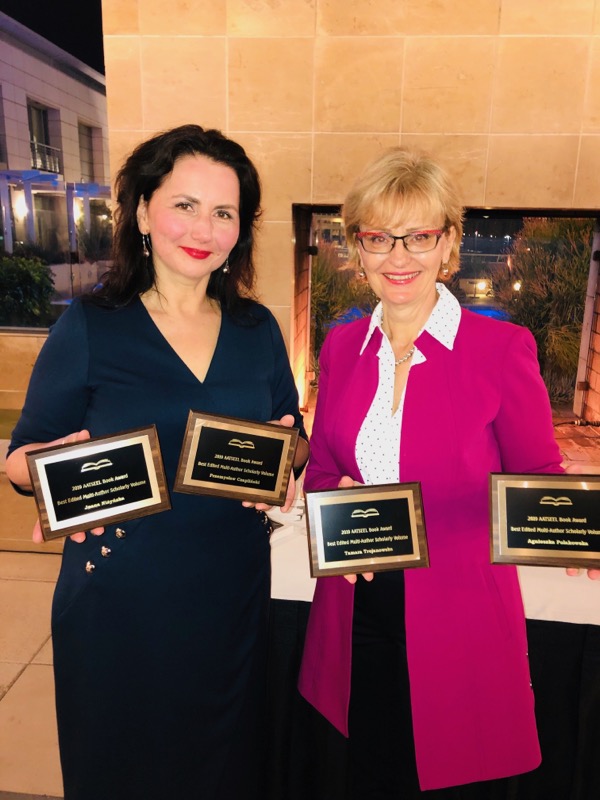
In the first episode of Encounters with Polish Literature our host, David A. Goldfarb begins with a few brief thoughts about points of contact between Polish literature in English translation and American culture in recent history, in the works of Czesław Miłosz and Wisława Szymborska and the way that New Yorkers found comfort in Adam Zagajewski’s poem, “Try to Praise the Mutilated World” after 9/11.
Then we meet the editors of Being Poland: A New History of Polish Literature and Culture Since 1918—Tamara Trojanowska (University of Toronto), Joanna Niżyńska (Indiana University—Bloomington), and Przemysław Czapliński (Adam Mickiewicz University in Poznań, Poland). This recent book updates older histories of Polish literature by Manfred Kridl, Julian Krzyżyanowski, and Czesław Miłosz, by addressing new currents in Polish literature and new questions that are relevant to our current cultural environment with English-speaking readers and students in mind. Rather than presenting a monographic view in the voice of a single author, this book is presented as an anthology of competing and even contradictory views by around sixty authors, and does not shield readers from any particular viewpoint about Polish culture or water down any controversies within Poland today. Rather it highlights those tensions to provide a quick route to the most interesting debates happening today, and takes risks in introducing authors who may not yet be well known outside of Poland to present an active picture of an evolving scene. Being Poland maps the history of 20th-century and contemporary Polish culture onto multiple possible grids, considering traditional themes like Sarmatism and Romanticism, canonicity, genres, strategies for responding to tradition, and evolving political debates.
For students interested in advanced study of Polish literature and culture, our three guests describe the academic programs in Polish studies at the University of Toronto, Indiana University—Bloomington, and Adam Mickiewicz University in Poznań.
Joanna Niżyńska (Indiana University)
Joanna Niżyńska is an Associate Professor of Polish Literature and Culture in the Department of Slavic and East European Languages and Cultures at Indiana University where she also served as Director of the Polish Studies Center from 2015 to 2020. She approaches her field from a comparative perspective and pursues research that crosses disciplinary and national borders. Her longstanding interests in intersections between trauma, memory, and the everyday are reflected in her monograph, The Kingdom of Insignificance: Miron Białoszewski, and the Quotidian, the Traumatic, and the Queer (Northwestern UP, 2013; Polish translation Królestwo małoznaczącości: Miron Białoszewski a trauma, codzienność i queer, Universitas 2018), and in Germany, Poland and Postmemorial Relations: In Search of a Livable Past (Palgrave Macmillan, 2012). She is a coeditor of Being Poland: A New History of Polish Literature and Culture since 1918 (Toronto UP, 2018), an 800-page interdisciplinary volume with sixty contributions from a team of international scholars written with an English-speaking audience in mind. Her new book project investigates contemporary Poland’s cultural memory from the perspective of long lasting imprints of communist politics of memory, particularly as pertaining to Polish-Jewish past.
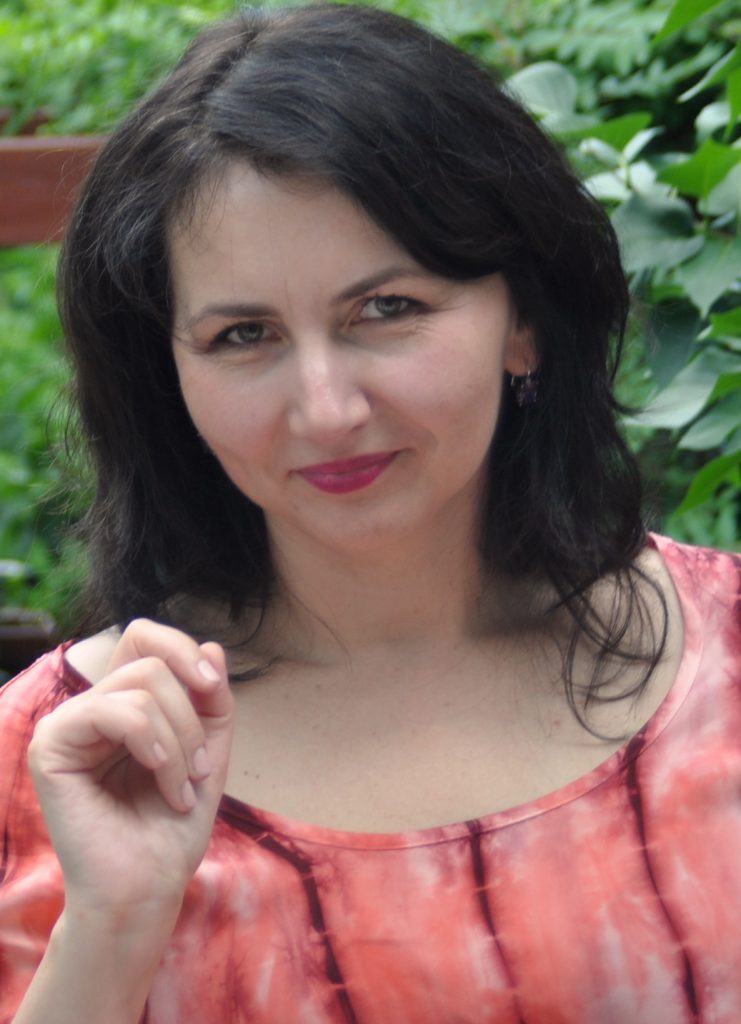
Tamara Trojanowska (University of Toronto)
A graduate of the Drama Centre at the University of Toronto (PhD) and of Theatre Studies at the Jagiellonian University in Kraków (MA), Tamara Trojanowska has also formerly held an Oxford University scholarship and an internship at the Royal Dramatic Theatre in Stockholm. She has taught at universities in Poland, Canada, and the United States, returning to University of Toronto as a faculty member in 1998. Since then, she has directed the Polish Language and Literature Program at the Slavic Department, strengthening in strides its profile and presence in North America, as well as the University College Drama Program (2008-2012). She now serves as Director of the Centre for Drama, Theatre and Performance Studies at U of T where she co-founded the BMO Lab in Creative Research in the Arts, Performance, Emerging Technologies and AI.
Her current research focuses on the intersections of drama and theatre with history, philosophy, and religious thought, and emphasizes issues of subjecthood and transgression. Her latest research project, co-edited with Joanna Niżyńska and Przemysław Czapliński (with assistance of Agnieszka Polakowska) and entitled Being Poland. A New History of Polish Literature and Culture since 1918 (University of Toronto Press, 2018) includes her extensive analysis of the transgressive practices in Polish drama and theatre (“Delectatio furiosa, or the modes of cultural transgression”). She has also contributed a paper on this subject to Theatermachine: Tadeusz Kantor in Context (eds. Magda Romanska and Kathleen Cioffi, Northwestern University Press, 2020). Her investigations of the dramatic and the sacred have resulted in a new selection of, and an extensive introduction to, the plays of Roman Brandstaetter (2016), and a new book project on transgressive crypto-theology in Polish theatre and drama.
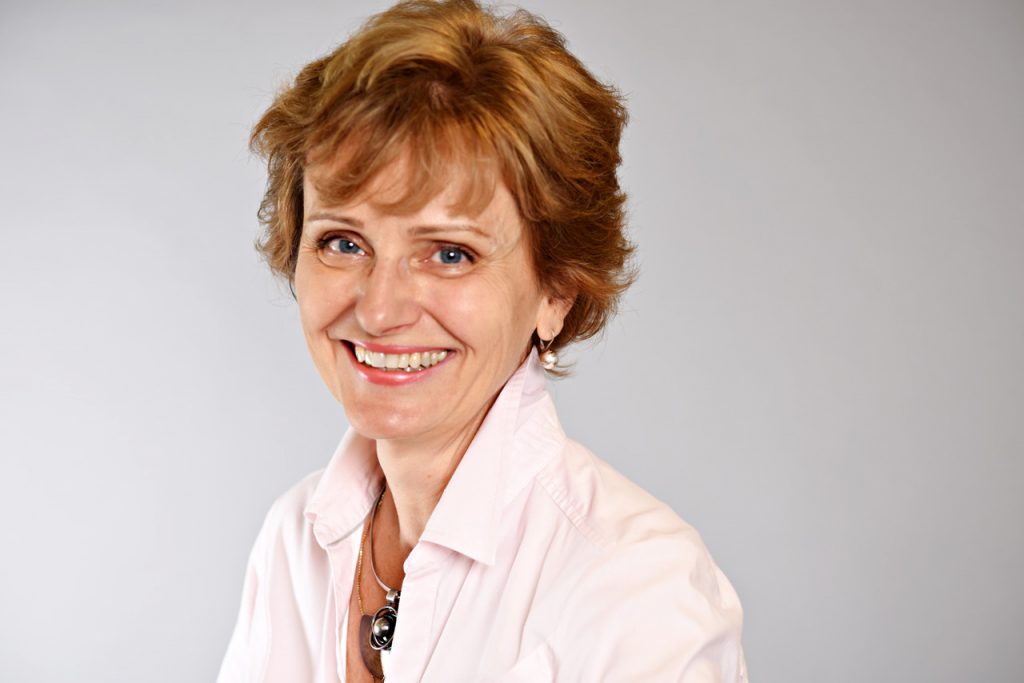
Przemysław Czapliński (Adam Mickiewicz University in Poznań, Poland)
Przemysław Czapliński – professor, historian of Polish and European literature, essayist, translator, literary critic, co-founder of the Department of Anthropology of Literature (Adam Mickiewicz University in Poznań, Poland), membership of Polish Academy of Sciences, director of Center for Open Humanities. Author of more than ten books – most recently: Polska do wymiany. Późna nowoczesność i nasze wielkie narracje [Poland for exchange. Late modernity and our grand narratives] (Warsaw, 2009), The Remnants of Modernity. Two Essays on Sarmatism and Utopia (Tr. Thomas Anessi, Frankfurt am Main 2015), Poruszona mapa. Wyobraźnia geograficzno-kulturowa polskiej literatury przełomu XX i XXI wieku (Kraków 2016) [The Shifted Map. Geo-cultural Imagery of Polish Literature at the turn of 20th and 21st century]; Literatura i jej natury (Poznań 2017) [Literature and Its Natures; co-authors: Joanna B. Bednarek, Dawid Gostyński]. Winner of the Kościelski Prize (1998), Prime Minister’s Prize (1999), Kazimierz Wyka Prize (2004), and Jan Dlugosz Prize (2016), among others.
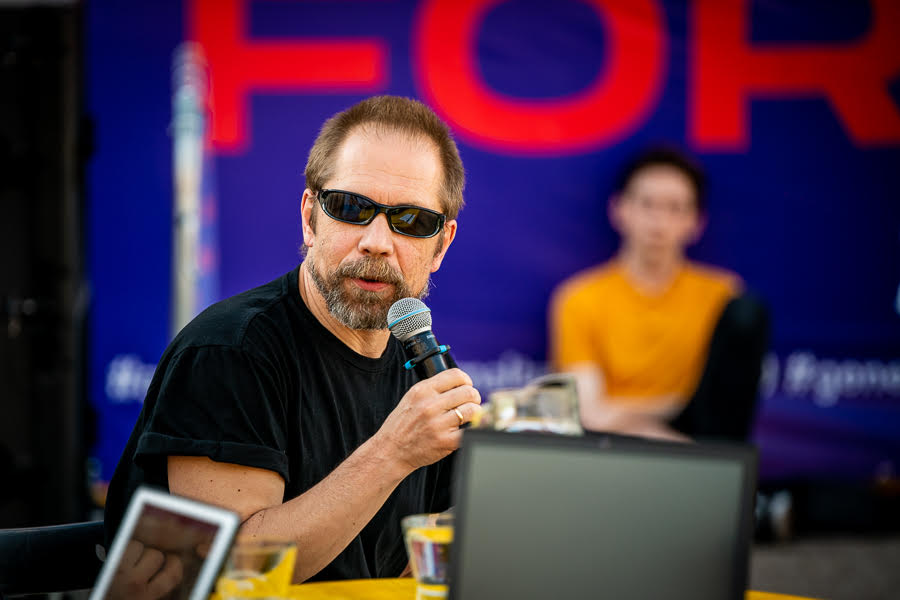
David A. Goldfarb
David A. Goldfarb is an independent scholar of Polish literature and literary theory, a literary translator from Polish to English, and a liaison for Polish authors to US publishers. In 2018 he translated feature articles and interviews from Wysokie Obcasy—the weekly women’s supplement to Poland’s main independent daily paper Gazeta Wyborcza—for Newsmavens.com, a pan-European women’s news portal. From mid-2010 to the end of 2013, he was Curator of Literature and Humanities Programming at the Polish Cultural Institute New York, a diplomatic mission of the Ministry of Foreign Affairs of the Republic of Poland. Prior to that he served as Assistant Professor of Slavic Literatures and Comparative Literature at Barnard College, Columbia University.
He holds a doctorate in Comparative Literature from the Graduate Center of the City University of New York as well as an M.A. in Slavic Languages and Literatures from the University of Toronto, and a B.A. in Philosophy from Cornell University and Deep Springs College. He has published articles on Bruno Schulz, Zbigniew Herbert, Stanisław Ignacy Witkiewicz, Mikhail Lermontov, and East European cinema in such journals as East European Politics and Societies, Indiana Slavic Studies, Philosophy and Literature, Prooftexts, The Polish Review, Slavic and East European Performance, and Jewish Quarterly, and he has published book chapters on Jozef Wittlin, Witold Gombrowicz, and Nikolai Gogol and Giuseppe Arcimboldo. He has written the introduction and notes for Tolstoy’s “The Death of Ivan Ilych” and Other Stories and Turgenev’s Fathers and Sons for the Barnes and Noble Classics series, and for the Penguin Classics edition of the The Street of Crocodiles and Other Stories by Bruno Schulz.
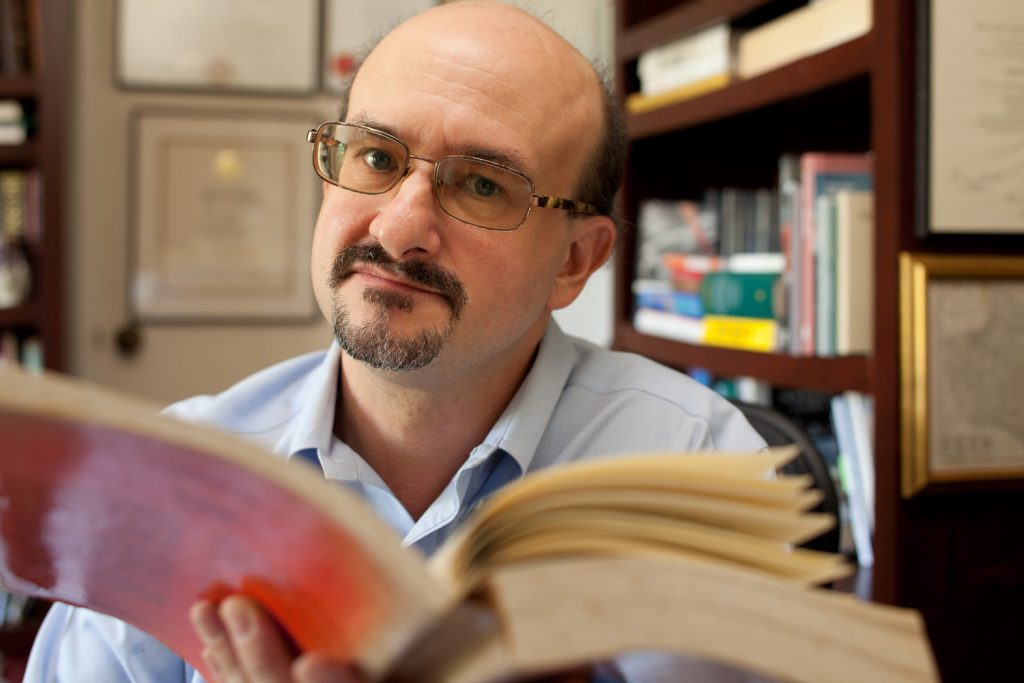
Bartek Remisko, Executive Producer
David A. Goldfarb, Host & Producer
Natalia Iyudin, Producer
This project is part of 21-anniversary celebration of Polish Cultural Institute New York.
Partners:




